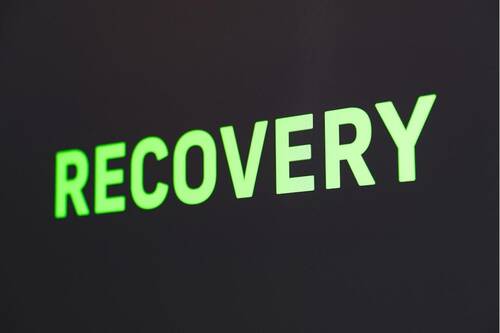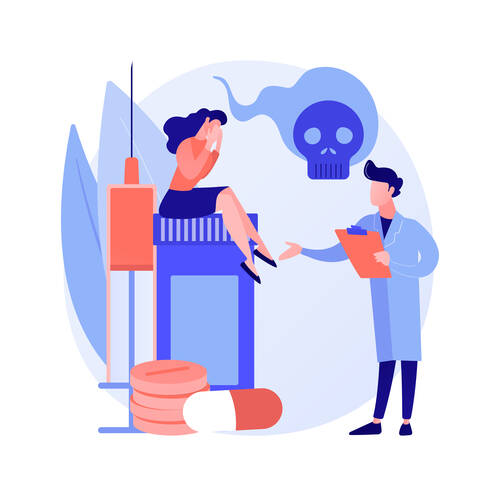Addiction, addiction-treatment / 27.03.2025
Navigating Life After Addiction: Steps Towards Healing and Renewal
Life after addiction presents a whole new phase. Recovering from any form of drug addiction is a significant milestone. However, the road to rebuilding one’s life comes with its own set of challenges.
 Navigating life during this phase means adopting new habits, promoting a strong support system, and prioritizing mental and emotional well-being. This article will explore all the essential steps toward healing and recovery for those who have overcome the addiction challenge and are striving to build a fulfilling life.
Navigating life during this phase means adopting new habits, promoting a strong support system, and prioritizing mental and emotional well-being. This article will explore all the essential steps toward healing and recovery for those who have overcome the addiction challenge and are striving to build a fulfilling life.
 Navigating life during this phase means adopting new habits, promoting a strong support system, and prioritizing mental and emotional well-being. This article will explore all the essential steps toward healing and recovery for those who have overcome the addiction challenge and are striving to build a fulfilling life.
Navigating life during this phase means adopting new habits, promoting a strong support system, and prioritizing mental and emotional well-being. This article will explore all the essential steps toward healing and recovery for those who have overcome the addiction challenge and are striving to build a fulfilling life.






 For many who turn to alcohol or drugs, the deeper problem lies in feeling ignored or misunderstood.
In
For many who turn to alcohol or drugs, the deeper problem lies in feeling ignored or misunderstood.
In 













